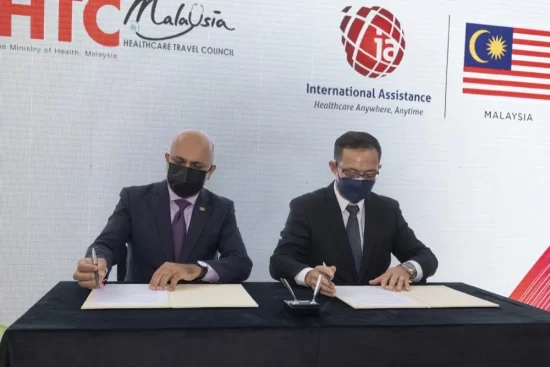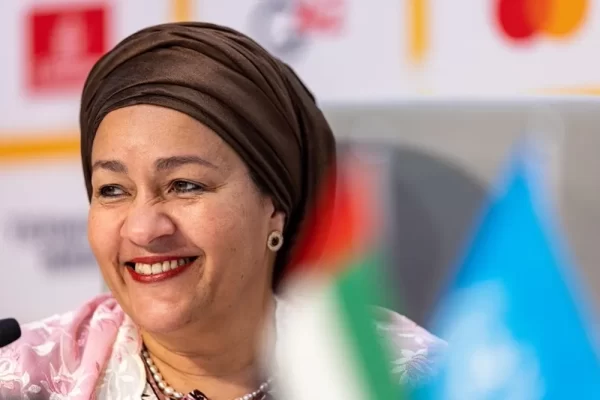DUBAI, 3 January 2021 – The Malaysia Pavilion launched Malaysia Healthcare Excellence Week, running until 8 January, at Expo 2020 Dubai today (3 January), unveiling a strategy to facilitate safer travel into the South East Asian country and positioning the nation as the region’s hub for the treatment of hepatitis C.
Mohd Daud Mohd Arif, Chief Executive Officer, Malaysia Healthcare Travel Council (MHTC), said: “Having endured the pandemic, Malaysia is in the midst of welcoming international travellers back to our shores safely and securely. We recently launched the Malaysia Healthcare Travel Industry Blueprint, which will chart the course of our industry’s recovery from 2021 to 2025.
“Being here at Expo 2020 Dubai activates our strategies to lay out the blueprint and we are looking forward to all the activities that we have slated for the coming week.”
Malaysia’s role as a treatment hub for hepatitis C is in line with the World Health Organization’s (WHO) mission to reduce new viral hepatitis infections by 90 per cent and reduce deaths by viral hepatitis by 65 per cent by 2030. Using a combination treatment of ravidasvir and sofosbuvir, Malaysia plans to offer treatment for hepatitis C with a cure rate of 97 per cent and a cost reduction of 95 per cent, making it the first country in the world to receive a conditional approval to use the treatment.
Mohd Daud Mohd Arif said: “With our continuous commitment to excellence, safety and quality, we are ready to provide the treatment to healthcare travellers from around the world, especially the Middle East market, and Expo 2020 Dubai is the perfect platform for us to showcase our strengths as a leading healthcare destination.”
The week’s opening ceremony also saw the MHTC welcoming new partnerships. Memorandums of understanding were exchanged at the Malaysia Pavilion with International Assistance Sdn Bhd and HADID International Services.
Mohd Daud Mohd Arif said: “Partnerships and collaboration have been an undeniable success behind our growth thus far. In fact, during the pandemic, our unique public and private partnerships have enabled us to be one of the first countries in the world to introduce stringently regulated medical travel protocols for medical healthcare travellers. This allowed us to provide continuity of care for our critical patients and we continue to do so while we wait for the full reopening of our borders.”






















